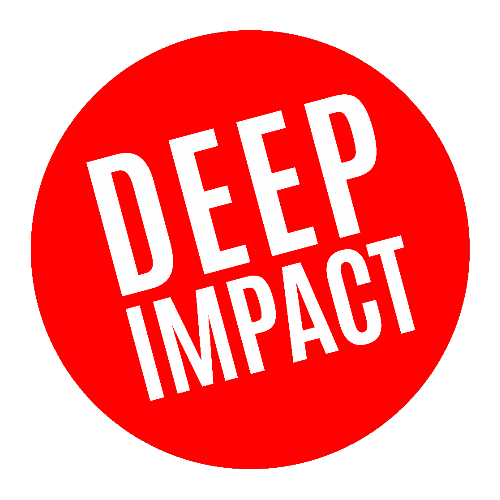In my conversations with over 3000 leaders on what they want from their teams, I have found out that they want many things.
A few of these traits stand out:
1. Think about the future for the team or organization (rather than get stuck in problems).
2. Focus on successful strategies that will work (rather than holding long discussions around what doesn’t).
3. Identify actions steps forward and take them (rather than big ideas that require tremendous effort).
We have spent hundreds of hours developing a quiz that will help you see how you score in these areas. This includes ensuring the questions are fit for purpose, no two questions asking the same things, and piloting this out to various groups of people before launch.
What are the areas of focus?
We have mapped out four areas of what makes a conversation “solution-focused”. They are as follows:
1. Map Future Orientation
This area describes the ability to map a better future for oneself or others. Your thought process and conversations are usually future-oriented and not diagnostic. Your conversations focus on what you or others want better in the future, rather than what happened and who caused it. You also realize that not everything needs to be solved linearly and you start with what is possible for now.
2. Identify Useful Change
This area describes the ability to identify strategies on what is already working and can work in the future. You spend more time thinking about what contributes to success, rather than failures. You also pay attention to past signs of success. This awareness allows you to identify repeatable strategies that allow you to succeed consistently. You also frequently evaluate how things are working. If it doesn’t work well, change the strategy or stop it.
3. Create Forward Momentum
This area describes the ability to generate forward momentum and action. You are usually aware of the choices that you have in a situation and are fairly proficient in helping others take steps forward. You are aware that creating progression is important and not perfection. You also identify clear action steps forward and are not usually overwhelmed by the situation at hand. You also know that complex problems do not always need a complex solution. Simple solutions are often easier and faster to implement.
4. Utilise Existing Resources
This area describes the ability to tap on internal and external resources. You know what to do or whom to go to when you need help. You leverage your strengths, and achievements to help you overcome challenges. You remind yourself that what you have learned and gone through in your past achievements can also be transferred into the future.
We always face problems in life, but how do we respond? Find out how solution-focused you are?
Kenneth Kwan







